(GA Recorder) — About 700 Afghan refugees have resettled in Georgia in the last several months and work continues to speed up the process of finding permanent homes for many more of them in the nation’s largest resettlement effort in four decades.
The U.S. Department of State temporarily halted resettlement efforts from other parts of the world through January 11 in order to focus on relocating Afghans following their emergency evacuations as the U.S. military withdrew from the country the Taliban overran in August.
In response to the new policy, federal officials say refugees with special visas, urgent cases, family reunifications, and refugees who already have travel arrangements will move to the front of the line for government clearance and connection with refugee relocation agencies.
As of early November, Atlanta-based New American Pathways had helped more than 84 Afghans find a place to stay within metro Atlanta, a number expected to more than double in the coming months.
“New American Pathways is prepared to serve both refugees and Afghan humanitarian parolees this year,” Chief Executive Officer Paedia Mixon said in response to the state department policy change. “As a local resettlement agency, we know firsthand the capacity constraints that resettlement agencies face, but we are hopeful the State Department will resume the refugee resettlement program as quickly as possible.”
A federal program is also being developed that will allow people to directly help Afghans relocate, another measure designed to provide support as Georgia’s resettlement agencies and others across the country try to meet the high demand and deal with the struggles to find affordable housing.
The majority of Afghans admitted under “Operation Allies Welcome” were granted humanitarian parole.
“This temporary prioritization of new bookings will allow resettlement agencies and community partners to provide necessary services to the Afghans that will be leaving U.S. safe havens in the coming weeks and months as well as to receive refugees already booked for travel in November and December,” a U.S. State Department spokesperson said.
The federal government is preparing to work with the nearly established Community Sponsorship Hub to launch a program that allows sponsors to directly help Afghans to relocate.
The organization will manage the application process, vet, train, certify, and match sponsors with Afghans who are willing to participate in the program.
New American Pathways is relying on more than $200,000 in private donations to sustain its relocation efforts while waiting for federal funds to come in.
It’s one of many organizations that provide refugee services still rebuilding capacity that dramatically decreased after President Donald Trump’s administration severely restricted access to the United States in 2017 from many Muslim-dominated nations across the Middle East and Africa.
Even during the federal fiscal year that ended in September, the Biden administration fell way short of its goal for the U.S. to accept more than 60,000 refugees, with numbers similar to the 12,000 that arrived in Trump’s final year in office.
Two months before the U.S. military’s chaotic withdrawal, tens of thousands of Afghans who were directly employed by the U.S. government had begun leaving the country. Thanks to their special visa status, many of those refugees have a leg up on clearing the security hurdles refugees face.
During the Taliban’s takeover of Kabul in mid-August, more Afghans fled, creating a humanitarian crisis and a frantic effort to keep the civilians safe and resettle them in another country.
This fall, the U.S. government ramped up its unprecedented effort to find housing for the 55,000 refugees temporarily living on military bases.
The committee brought in 250 Afghan humanitarian parolees over a four-week period through late October, including pregnant women, babies, and children.
The committee and New American Pathways are asking for the public’s help in finding a temporary shelter for many refugees, more financial donations, household wish lists and other ways to support their missions.
With adequate notice, resettlement groups have become accustomed to handling special visas over the past decade. As a result, they have gained valuable experience processing people from Iraq and Afghanistan, many of whom have a green card, Mixon said.
Many refugees will still seek asylum through other channels, which is going to take a long time, she said.
“Most of our families have arrived with very little notice,” Mixon said. “With refugees, we generally are able to secure an apartment before they came, but these folks have been in AirBnB or other types of temporary housing while waiting for apartments.”
In addition to the Afghan sponsor program, the federal government plans to launch a separate pilot sponsorship program in 2022 for refugees of any nationality coming through the Refugee Admissions Program.
During the first six months of resettlement, New American Pathways and other agencies help not only secure housing but also provide for a variety of needs settling in their new country, including rental assistance, help enrolling children in schools, teaching adults in English language classes and taking people to doctors’ appointments.
And support from New American Pathways continues from arrival through hoped-for U.S. citizenship.
Similarly, Catholic Charities Atlanta’s program helps refugees adapt to their new environment through their first six months. For refugees who have lived in the U.S. for at least five years, the organization also assists with finding jobs, financial literacy, providing health care and other services.
It can be a harrowing experience for refugees to move to an unfamiliar country. That’s why it’s important, like many refugees with the special visas, to have family members who already live here, Mixon said.
“We all saw the images of people scrambling to get out of the country and we know that their relatives were worried sick,” Mixon said. “With the trauma they’ve been through, you can imagine how important it would be to reconnect with your loved ones.”


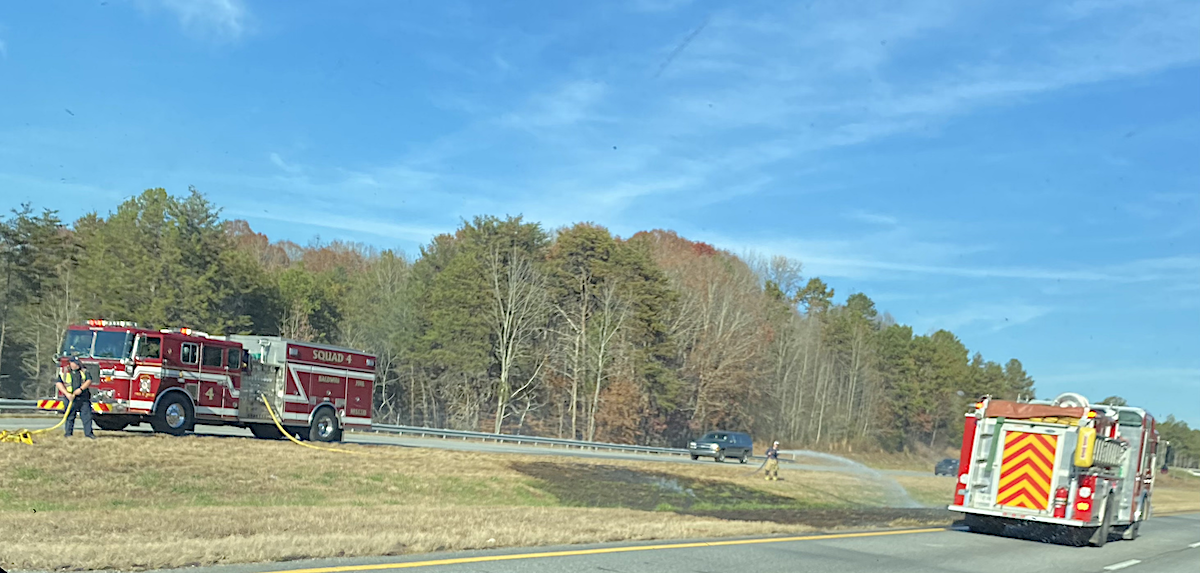



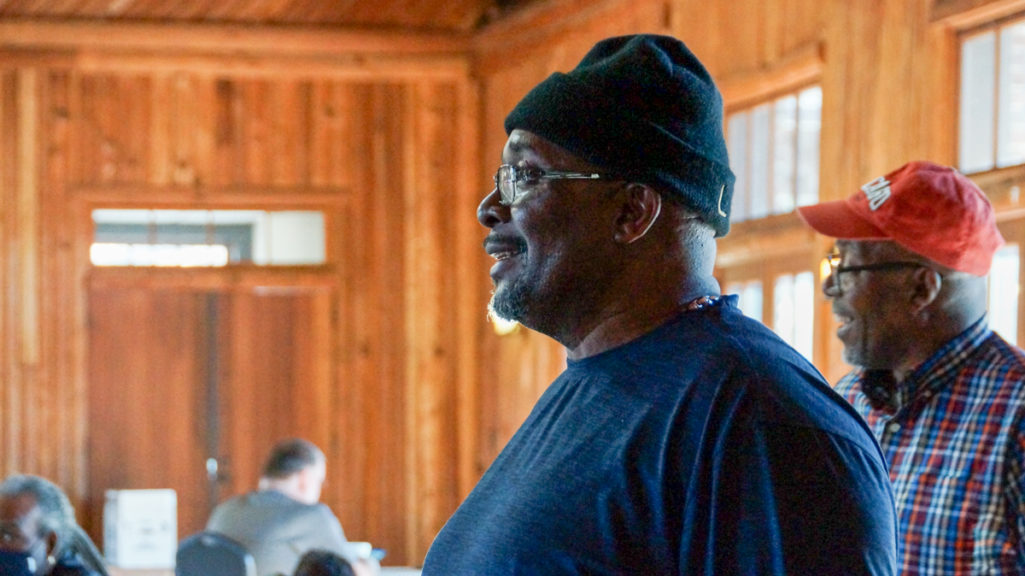

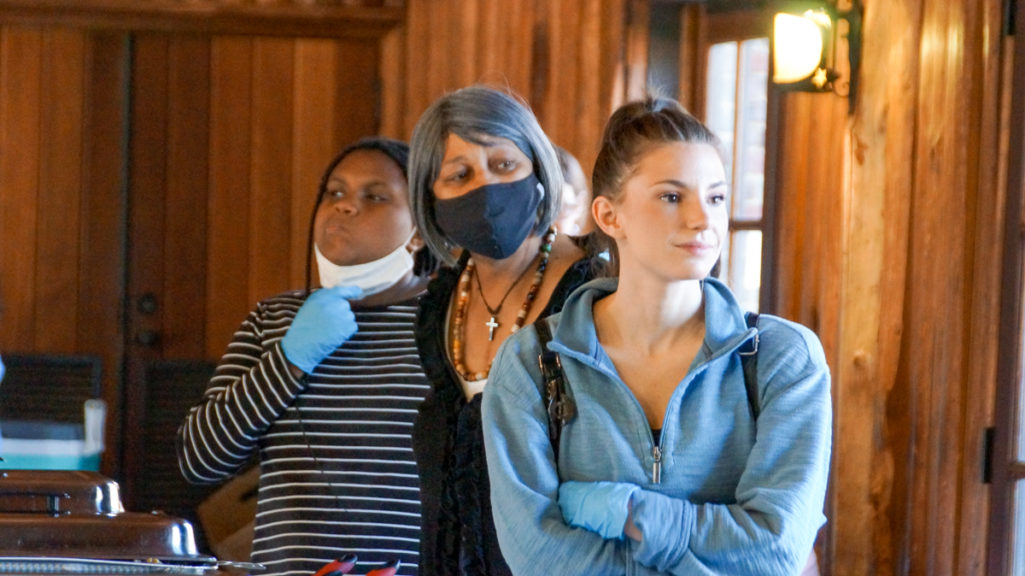

 I recently wrote about gardening therapy, including the mental, physical, and emotional benefits of playing in the dirt…of planting a seed, nurturing a tiny plant along until it blooms or produces food. Gardening feeds my soul and I get much more out of it than I probably put into it. I always feel like I am one of God’s caretakers when I’m working in the garden. I am extraordinarily thankful that I’m still able to do that. The effort isn’t always easy, but the rewards are great!
I recently wrote about gardening therapy, including the mental, physical, and emotional benefits of playing in the dirt…of planting a seed, nurturing a tiny plant along until it blooms or produces food. Gardening feeds my soul and I get much more out of it than I probably put into it. I always feel like I am one of God’s caretakers when I’m working in the garden. I am extraordinarily thankful that I’m still able to do that. The effort isn’t always easy, but the rewards are great! Our next door neighbor, “Ms. Laurette,” was a Rothschild, one of the founding families of Columbus. She was a historian who authored many stories regarding the early history of Columbus, Georgia. Her intense interest in her community’s history led her to research and support the placement of several public historical markers, including the Historic Columbus Foundation and the state theatre of Georgia, the Springer Opera House. In 2004, the Historic Columbus Foundation recognized Ms. Laurette as an Honored Lady. She was a gracious, southern belle if ever there was.
Our next door neighbor, “Ms. Laurette,” was a Rothschild, one of the founding families of Columbus. She was a historian who authored many stories regarding the early history of Columbus, Georgia. Her intense interest in her community’s history led her to research and support the placement of several public historical markers, including the Historic Columbus Foundation and the state theatre of Georgia, the Springer Opera House. In 2004, the Historic Columbus Foundation recognized Ms. Laurette as an Honored Lady. She was a gracious, southern belle if ever there was. Mr. Porter and his dear wife, Anne, moved away several years ago. I hope he is still planting a rose or two. I’m sure it makes his heart happy that his son-in-law Chris’s landscaping company, Wildwood Gardens, has added breathtaking beauty to many yards in our community.
Mr. Porter and his dear wife, Anne, moved away several years ago. I hope he is still planting a rose or two. I’m sure it makes his heart happy that his son-in-law Chris’s landscaping company, Wildwood Gardens, has added breathtaking beauty to many yards in our community. butterflies, and bees. Last year, my niece gave me a finch feeder to add to my bird buffet collection. I had a blast watching all of those little finches flock daily to the six perches to feed.
butterflies, and bees. Last year, my niece gave me a finch feeder to add to my bird buffet collection. I had a blast watching all of those little finches flock daily to the six perches to feed.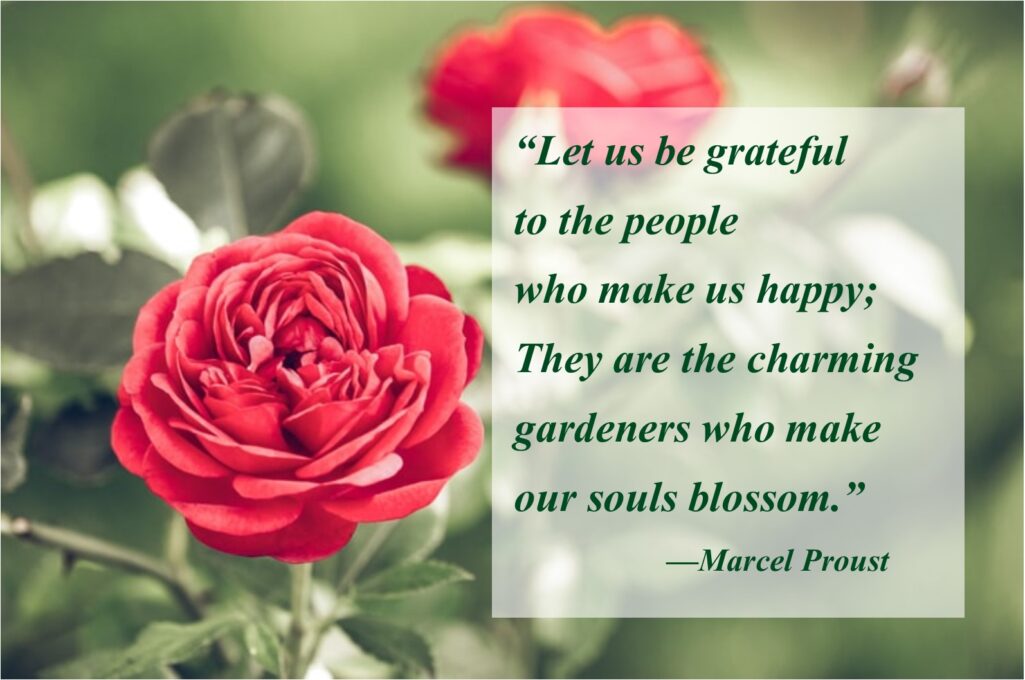
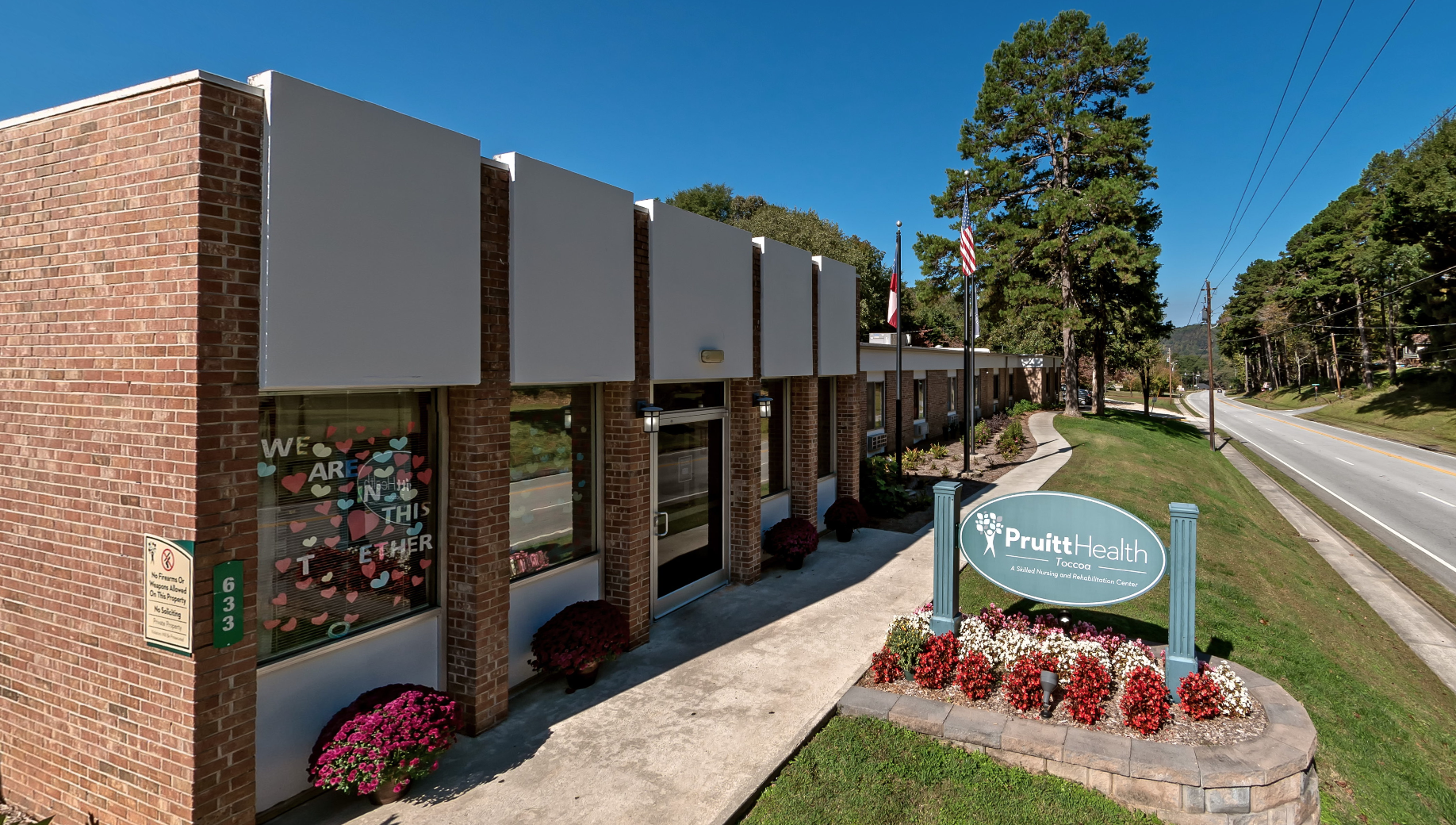


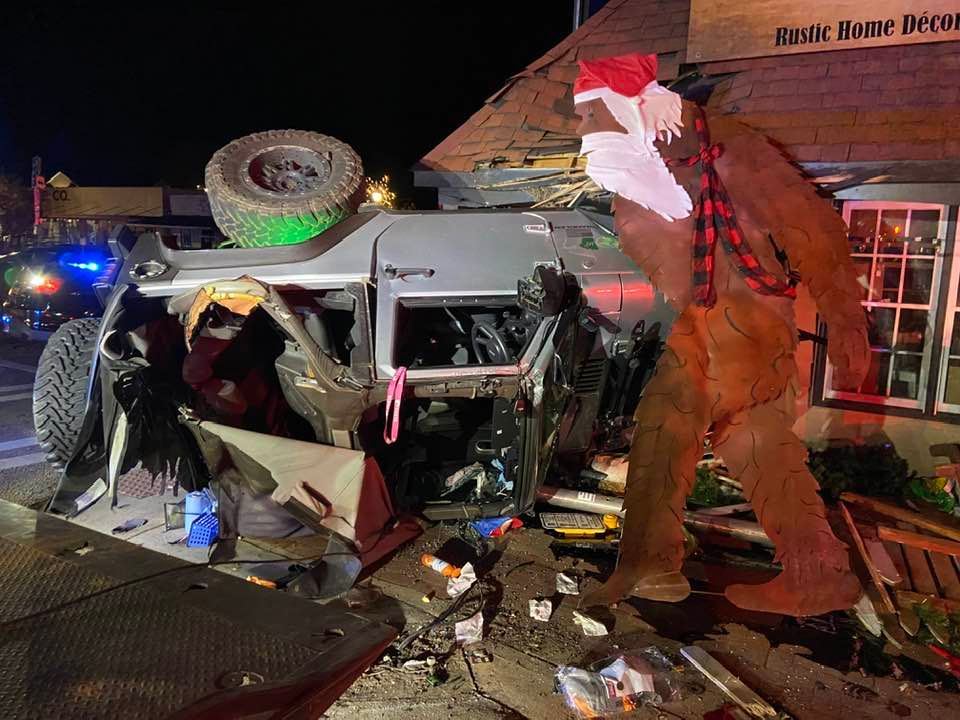
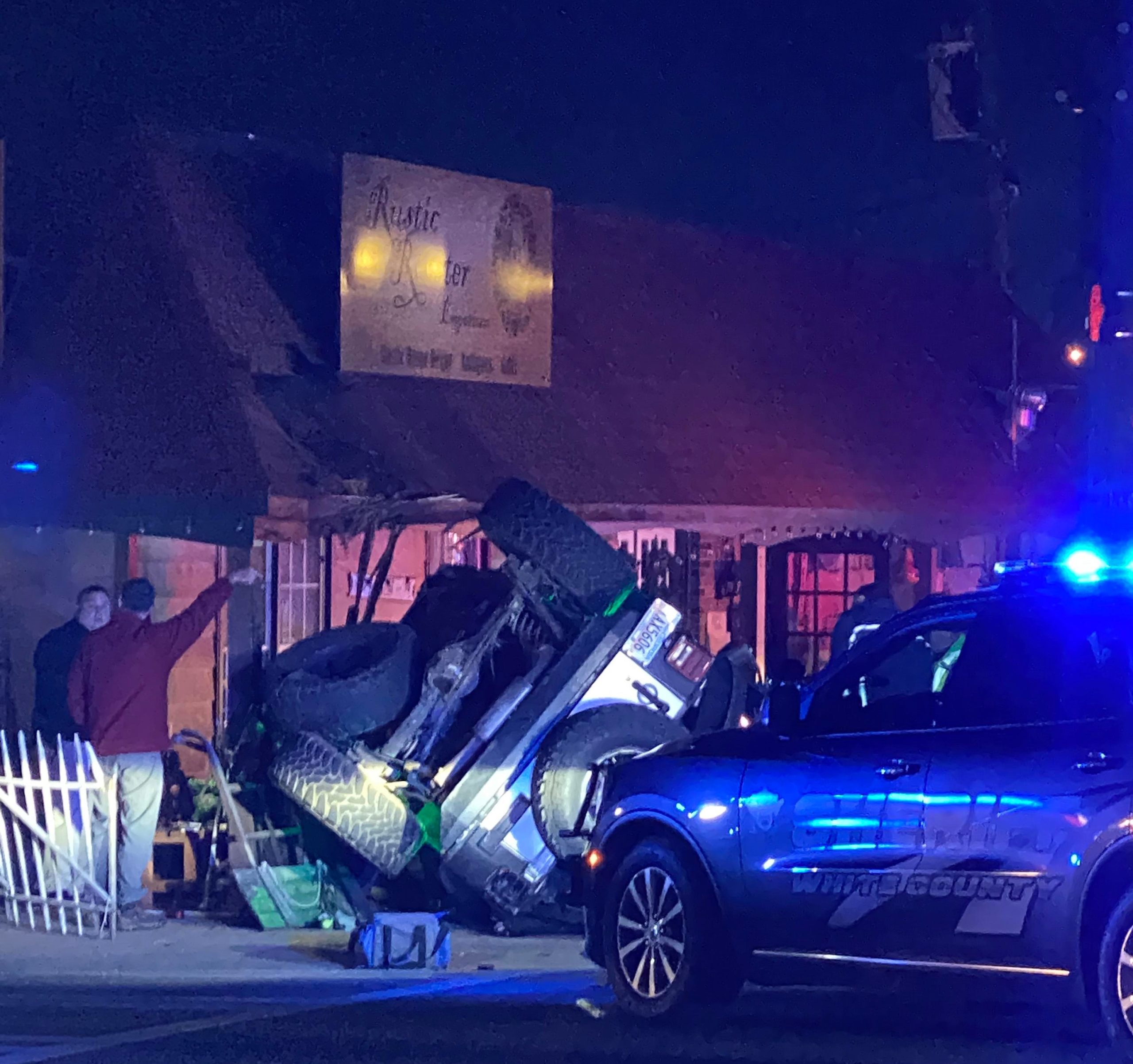
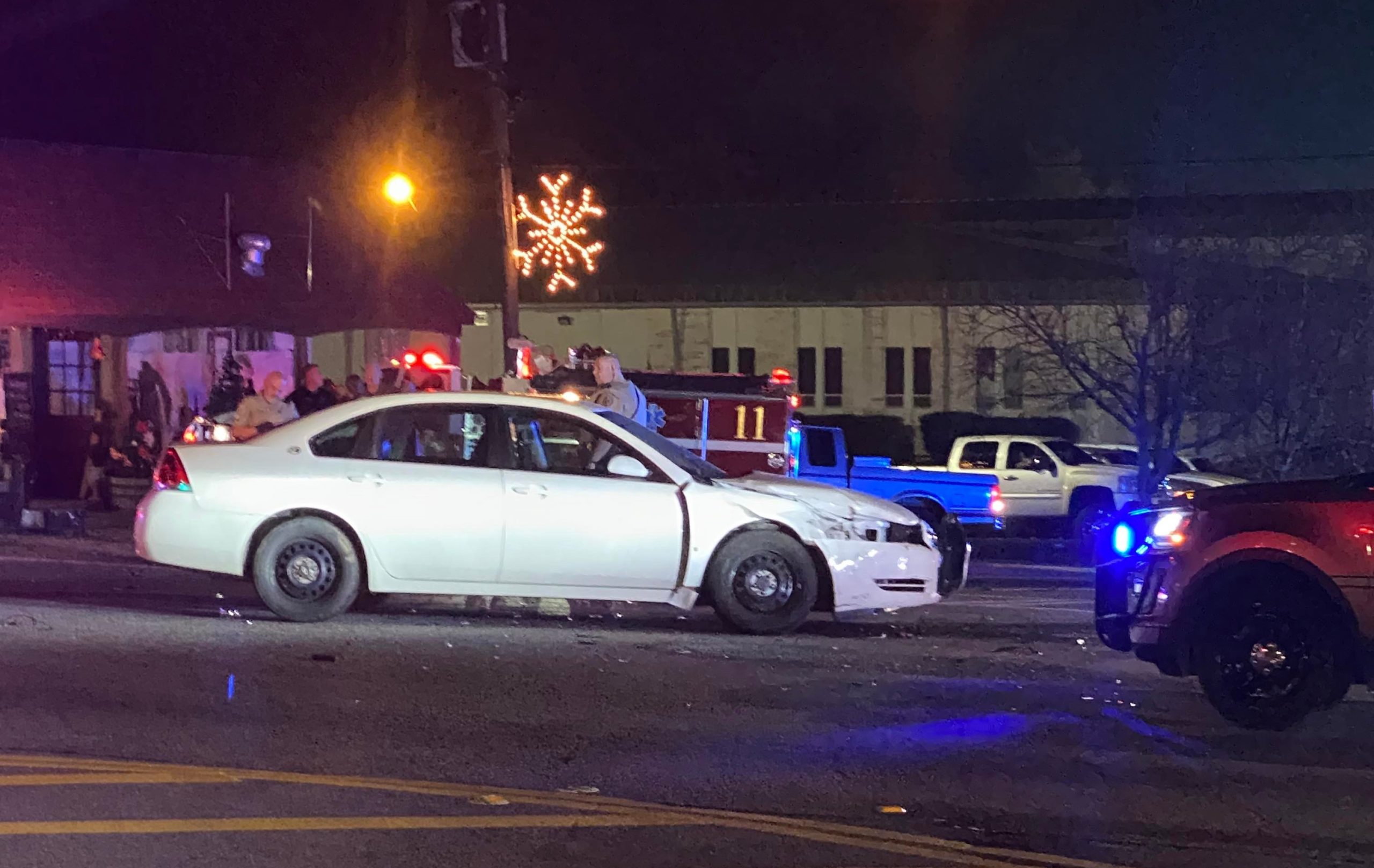
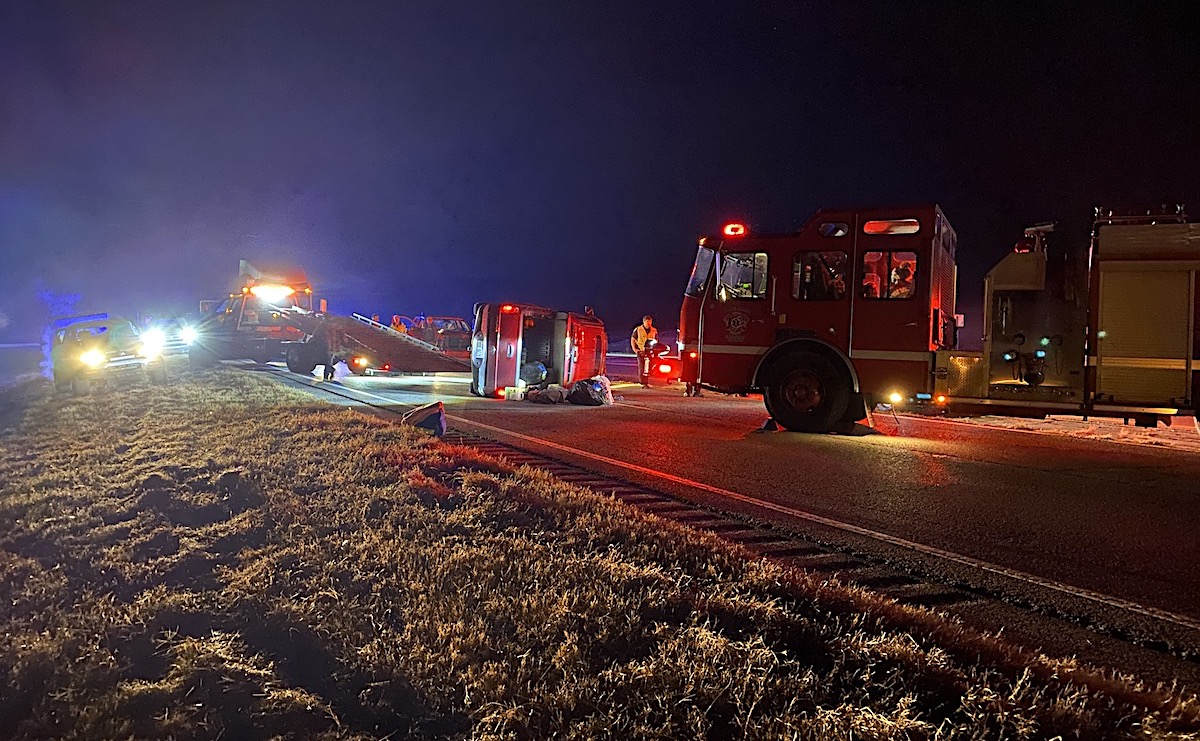
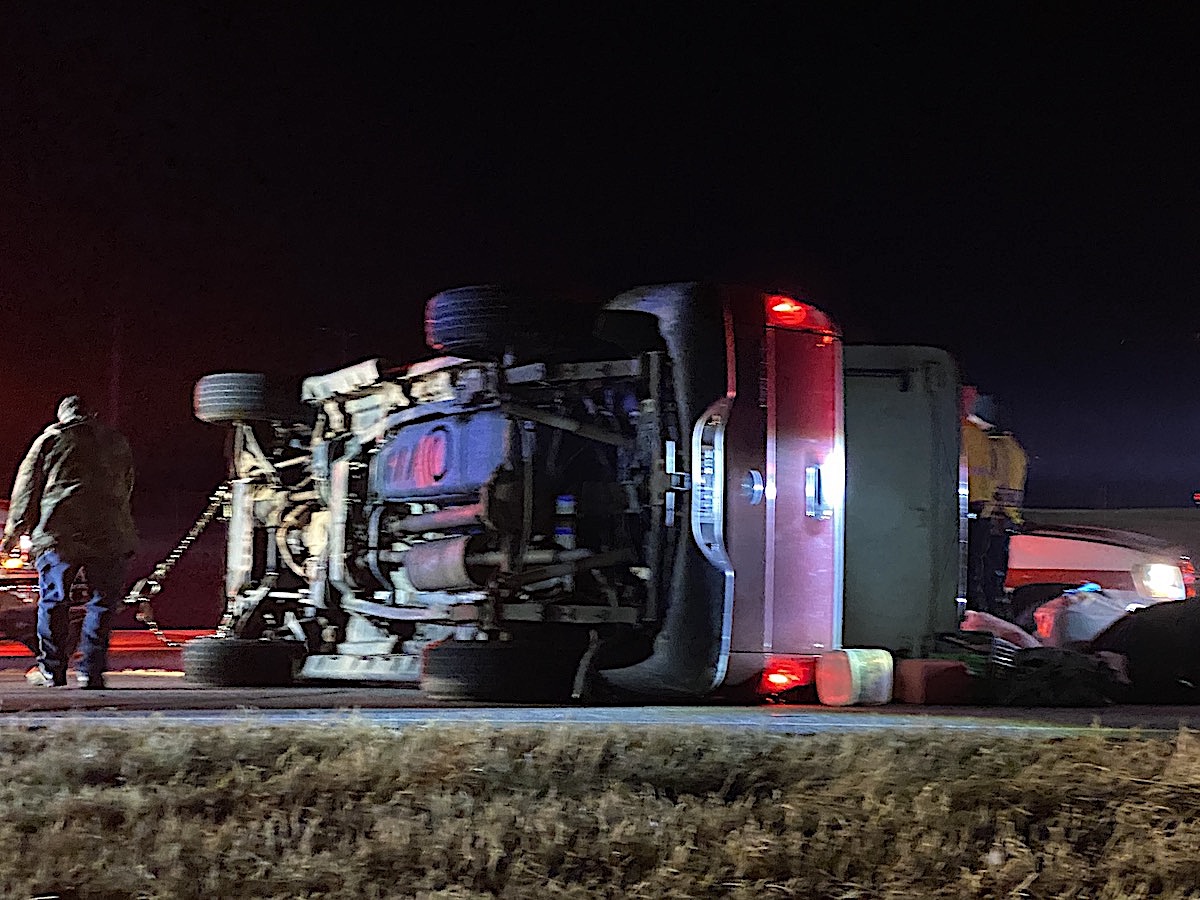
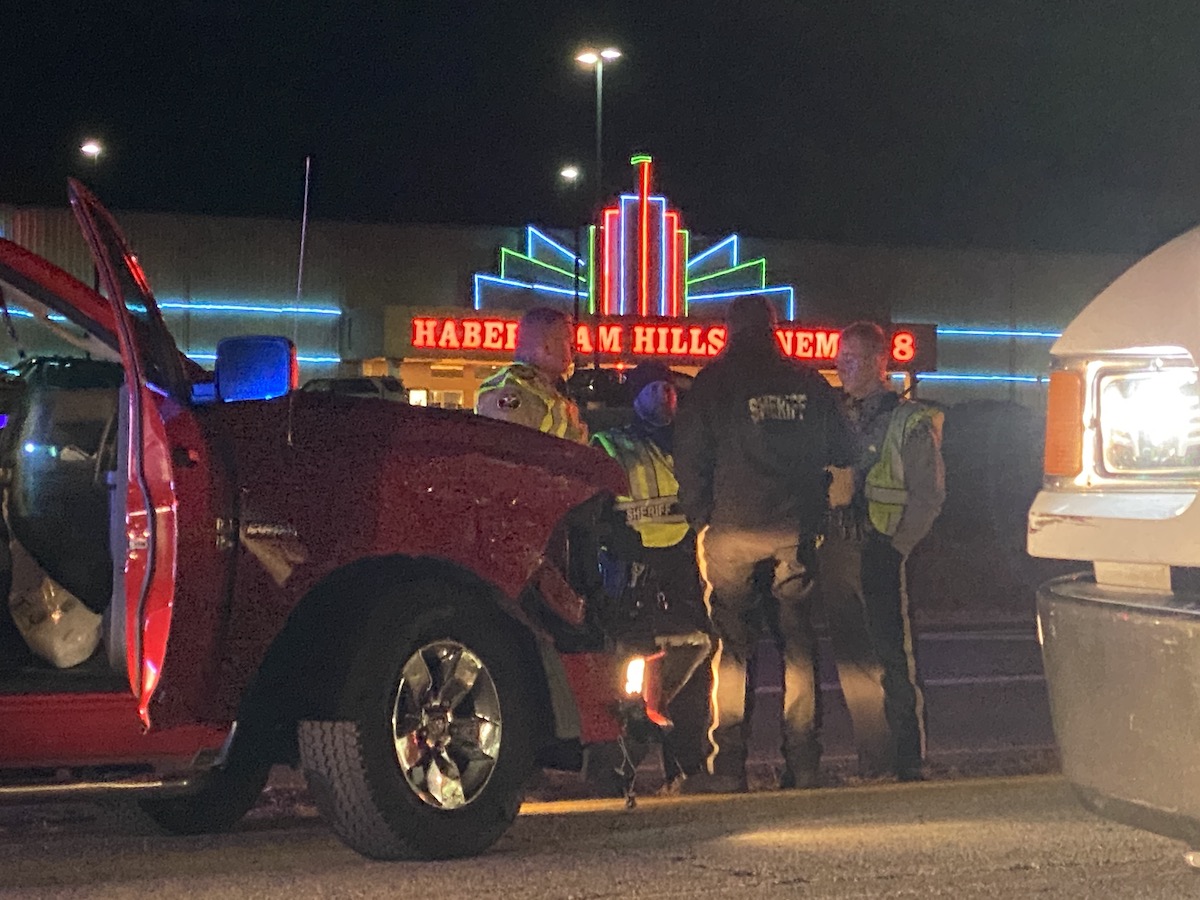
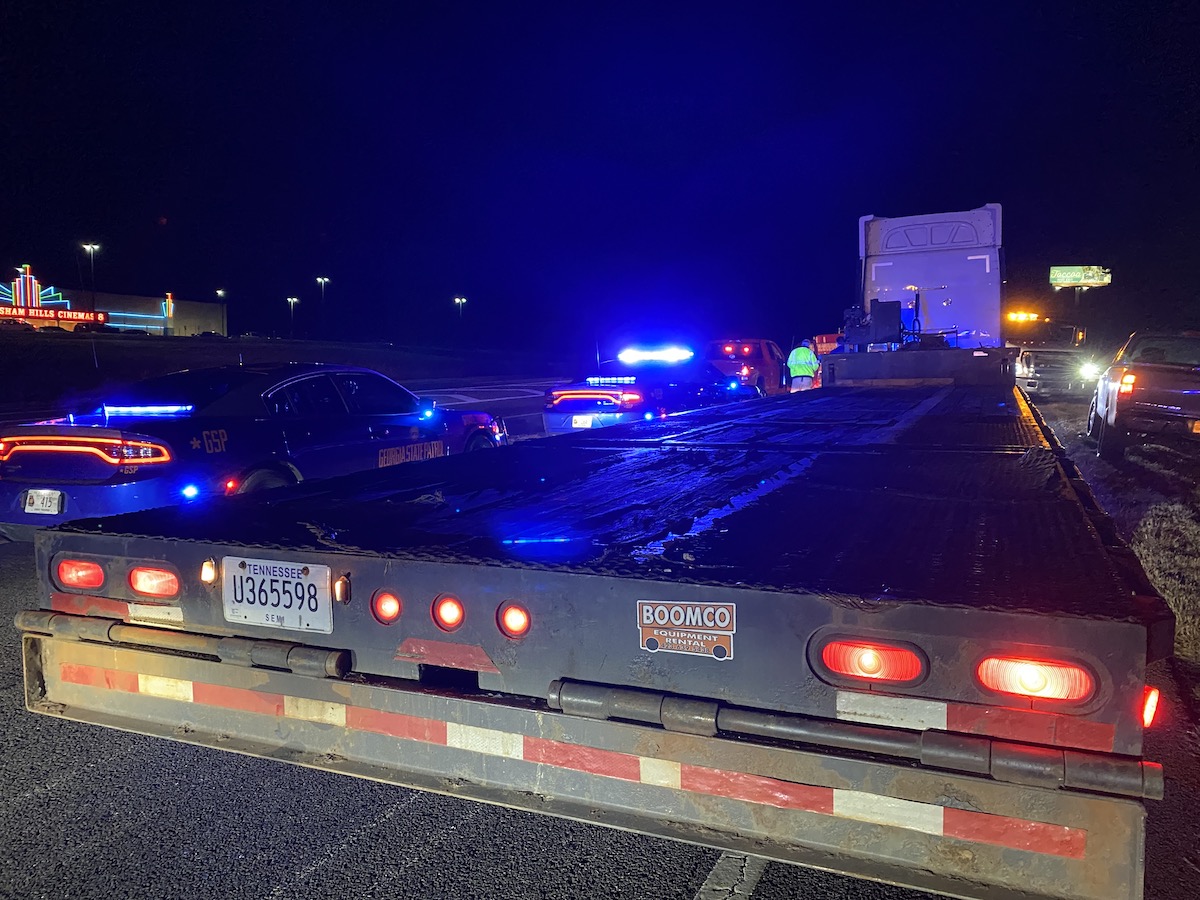

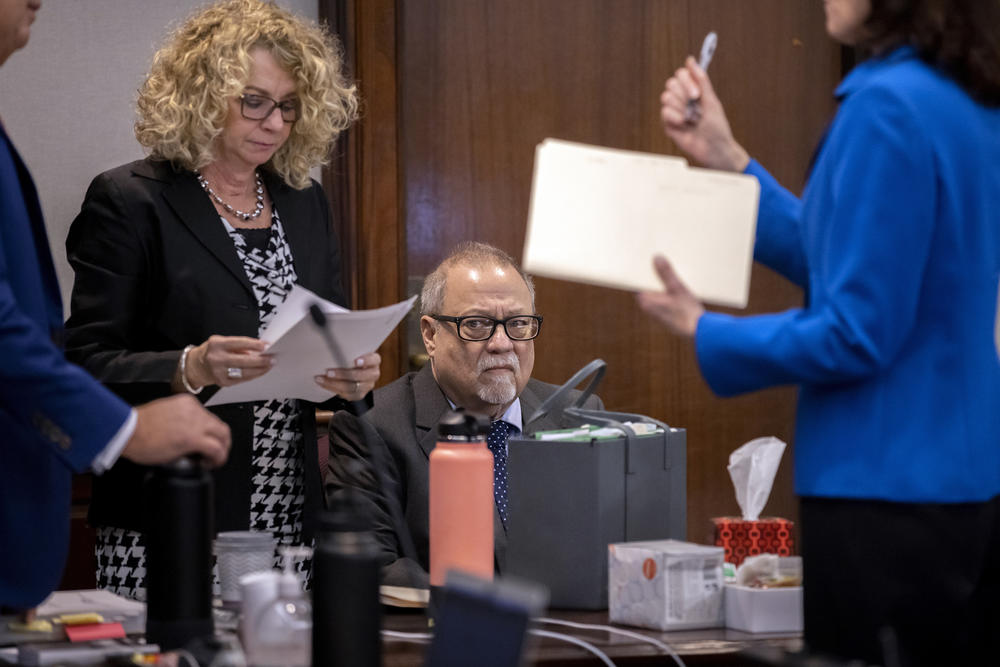
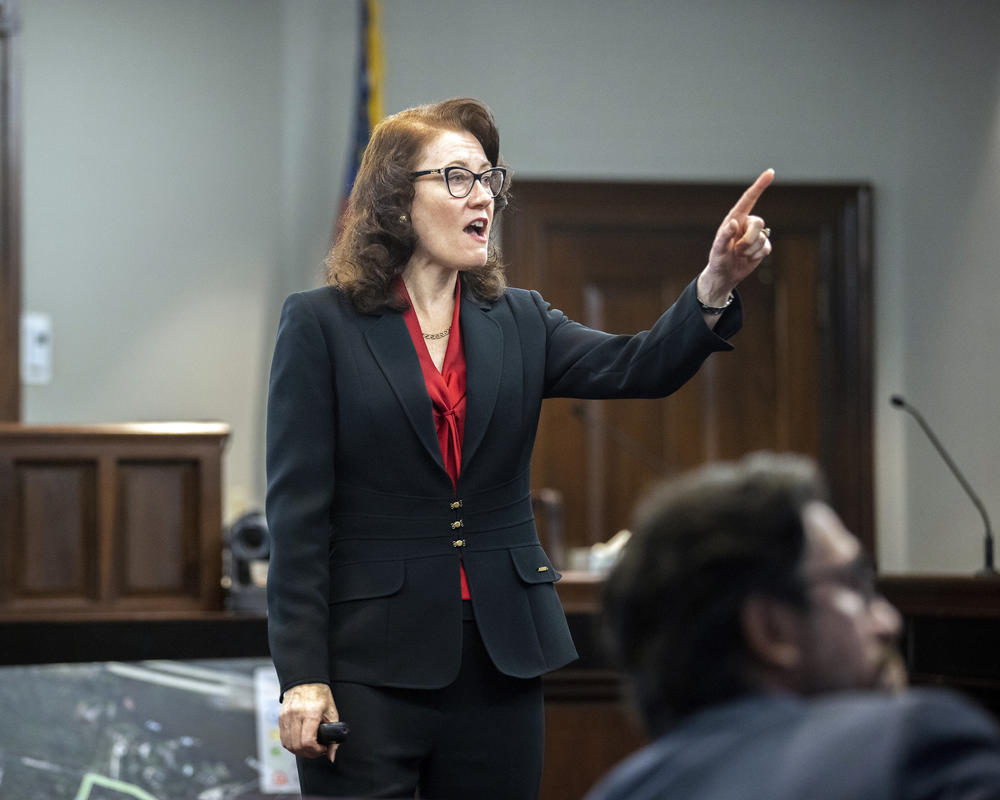
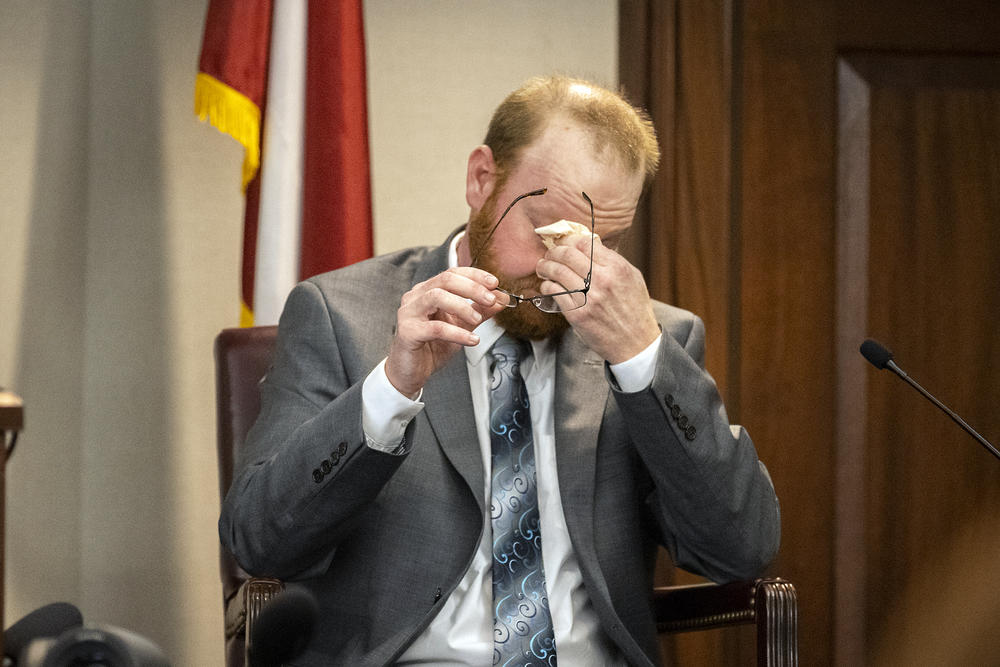
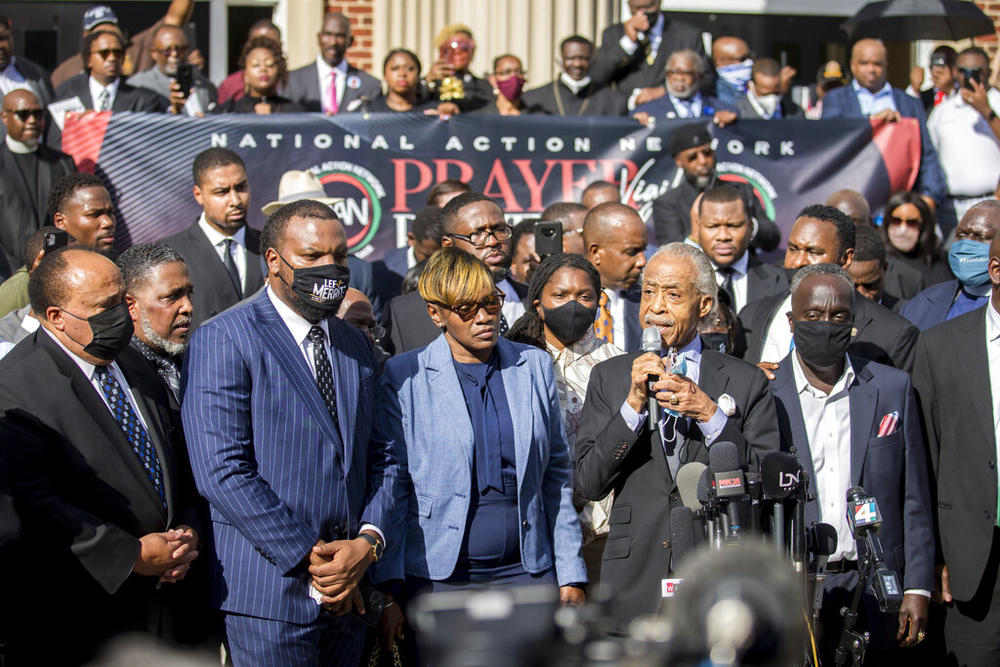
JFK’s Thanksgiving wish: Be ‘humbly grateful’ for what brings us together
Fifty-eight years ago, on Nov. 4, 1963, President John F. Kennedy signed this Thanksgiving proclamation. Little more than two weeks later, on Nov. 22, 1963, he lost his life to an assassin’s bullet during a trip to Dallas, Texas. As divided as America has been lately, Kennedy’s wish that the nation unite around its shared ideals seems more important than ever.
We hope you take time this season to give thanks for all that’s around you and offer a hand up to those who need it. And we wish you a very Happy Thanksgiving.
Over three centuries ago, our forefathers in Virginia and in Massachusetts, far from home in a lonely wilderness, set aside a time of thanksgiving. On the appointed day, they gave reverent thanks for their safety, for the health of their children, for the fertility of their fields, for the love which bound them together and for the faith which united them with their God.
So too when the colonies achieved their independence, our first President in the first year of his first Administration proclaimed November 26, 1789, as “a day of public thanksgiving and prayer to be observed by acknowledging with grateful hearts the many signal favors of Almighty God” and called upon the people of the new republic to “beseech Him to pardon our national and other transgressions… to promote the knowledge and practice of true religion and virtue . . . and generally to grant unto all mankind such a degree of temporal prosperity as He alone knows to be best.”
And so too, in the midst of America’s tragic civil war, President Lincoln proclaimed the last Thursday of November 1863 as a day to renew our gratitude for America’s “fruitful fields,” for our “national strength and vigor,” and for all our “singular deliverances and blessings.”
Much time has passed since the first colonists came to rocky shores and dark forests of an unknown continent, much time since President Washington led a young people into the experience of nationhood, much time since President Lincoln saw the American nation through the ordeal of fraternal war–and in these years our population, our plenty and our power have all grown apace. Today we are a nation of nearly two hundred million souls, stretching from coast to coast, on into the Pacific and north toward the Arctic, a nation enjoying the fruits of an ever-expanding agriculture and industry and achieving standards of living unknown in previous history. We give our humble thanks for this.
Yet, as our power has grown, so has our peril. Today we give our thanks, most of all, for the ideals of honor and faith we inherit from our forefathers–for the decency of purpose, steadfastness of resolve and strength of will, for the courage and the humility, which they possessed and which we must seek every day to emulate. As we express our gratitude, we must never forget that the highest appreciation is not to utter words but to live by them.
Let us, therefore, proclaim our gratitude to Providence for manifold blessings–let us be humbly thankful for inherited ideals–and let us resolve to share those blessings and those ideals with our fellow human beings throughout the world.
Now, Therefore, I, John F. Kennedy, President of the United States of America, in consonance with the joint resolution of the Congress approved December 26, 1941, 55 Stat. 862 (5 U.S.C. 87b), designating the fourth Thursday of November in each year as Thanksgiving Day, do hereby proclaim Thursday, November 28, 1963, as a day of national thanksgiving.
On that day let us gather in sanctuaries dedicated to worship and in homes blessed by family affection to express our gratitude for the glorious gifts of God; and let us earnestly and humbly pray that He will continue to guide and sustain us in the great unfinished tasks of achieving peace, justice, and understanding among all men and nations and of ending misery and suffering wherever they exist.
In Witness Whereof, I have hereunto set my hand and caused the Seal of the United States of America to be affixed.
DONE at the City of Washington this fourth day of November, in the year of our Lord nineteen hundred and sixty-three, and of the Independence of the United States of America the one hundred and eighty-eighth.
John McCosh is the Editor-in-Chief of Georgia Recorder